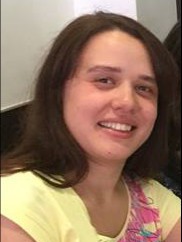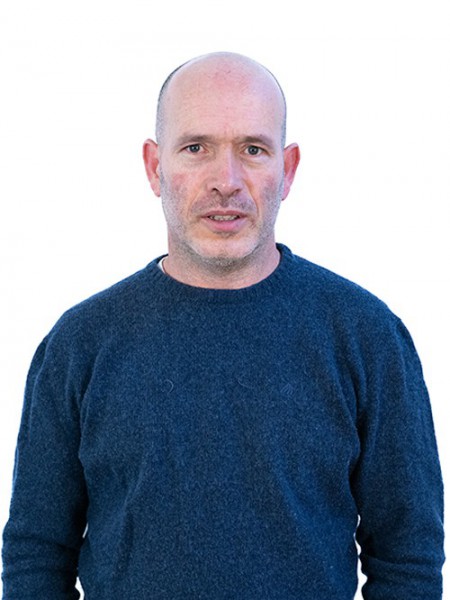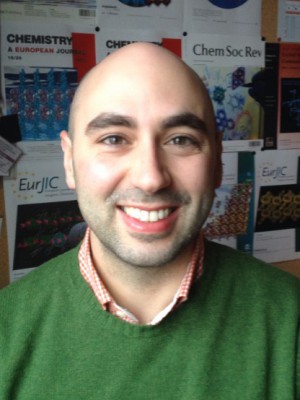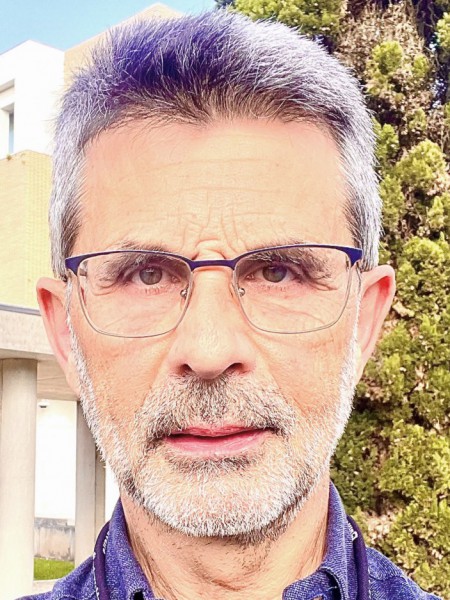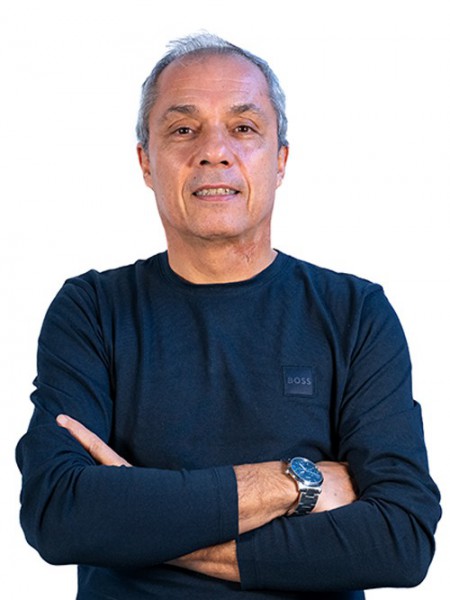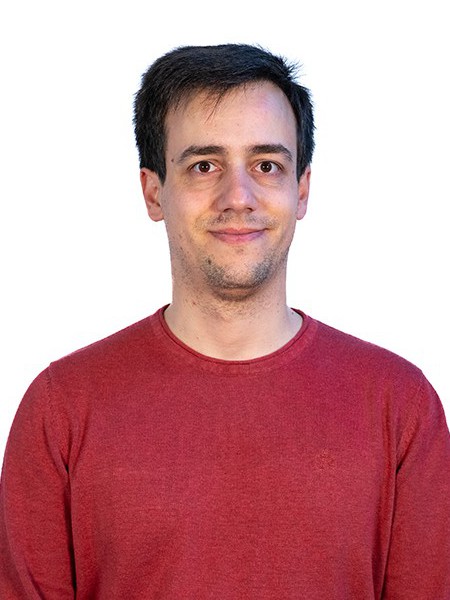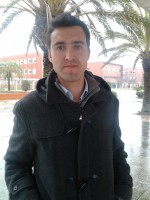abstract
In this manuscript, microwave-assisted synthesis was used to prepare a new organic building block and a Metal-Organic Framework based on this unit. The tetrapodal organic linker [1,1'-biphenyl]-3,3',5,5'-tetrayltetrakis(phosphonic acid) (H(8)btp) was combined with lanthanide cations affording the isotypical 2D lanthanide-organic frameworks [Ln(4)(H(6)btp)(2)(H(4)btp)(2)(H(8)btp)(H2O)(16)]center dot 12H(2)O [where Ln(3+) = La3+ (1), (La0.9Eu0.1)(3+) (2) and (La-0.9)(3+) (3)]. 1 was isolated as large single-crystals and its crystal structure was solved by single-crystal X-ray diffraction. Phase identification of the Eu3+-(2) and Tb3+-based (3) materials was performed by powder X-ray diffraction. Compound 1 consists of two-dimensional double-deck layers, characterized by an unprecedented tetranodal 2,4,4,4-connected layered network, with total point symbol {4-8(5))(2){4(2).8(4)}{4(3).8(2).10}(4)(4}(2). Supramolecular pi-pi interactions exist both within and between layers. 1-3 were fully characterized in the solid-state by a plethora of techniques [elemental and thermogravimetric analyses, electron microscopy (SEM and EDS), FT-IR spectroscopy and solid-state NMR]. Photoluminescence properties of the optically-active mixed-lanthanide materials 2 and 3 reveal that the employed H(8-x)btp(-x) residues are better suited to sensitize Tb3+ than Eu3+, with the measured lifetimes being of 0.83 +/- 0.01 and 0.22 +/- 0.01 ms, respectively. (C) 2016 Elsevier B.V. All rights reserved.
keywords
ASSISTED SOLVOTHERMAL SYNTHESIS; BUILDING-BLOCK; MOFS; CATALYSIS; LIGAND; PYRENE; ACID)
subject category
Chemistry
authors
Firmino, ADG; Mendes, RF; Ananias, D; Vilela, SMF; Carlos, LD; Tome, JPC; Rocha, J; Paz, FAA
our authors
acknowledgements
Funding agencies and projects: We wish to thank Fundacao para a Ciencia e a Tecnologia (FCT, Portugal), the European Union, QREN, FEDER through Programa Operacional Factores de Competitividade (COMPETE), CICECO - Aveiro Institute of Materials, POCI-01-0145-FEDER-007679 (FCT Ref. UID/CTM/50011/2013), CQE (Ref. FCT UID/QUI/0100/2013) and QOPNA (FCT UID/QUI/00062/2013), financed by national funds through the FCT/MEC and when appropriate co-financed by FEDER under the PT2020 Partnership Agreement. We also thank FCT for funding the R&D project FCOMP-01-0124-FEDER-041282 (Ref. FCT EXPL/CTM-NAN/0013/2013).; Individual grants and scholarships: FCT is also gratefully acknowledged for the Ph.D. grants Nos. SFRH/BD/84495/2012 and SFRH/BD/84231/2012 (to ADF and RFM, respectively), and the post-doctoral research grants Nos. SFRH/BPD/94381/2013 and SFRH/BPD/95032/2013 (to SMFV and DA, respectively).


